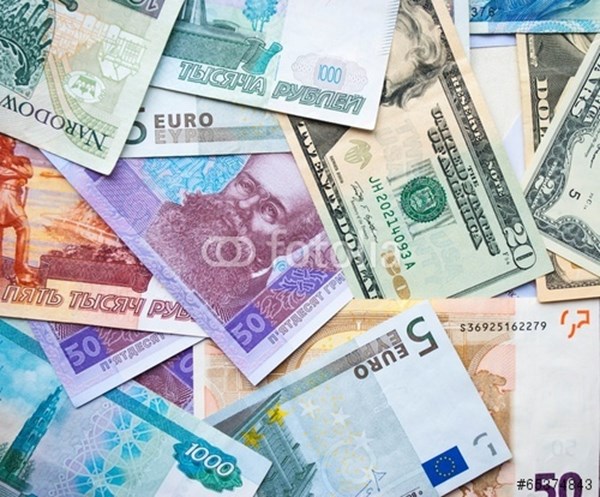EU to restrict cash movement for Russian oligarchs and officials
The EU authorities have decided to control more strictly the movement of large sums of cash in light of an incident in which Russian senator and billionaire Suleyman Kerimov is believed to have brought nearly €900 million in cash into France in order to launder it through purchasing property on the French Riviera.
On Tuesday, the Council of the EU confirmed a new customs control regulation to combat the movement of shady capital and money laundering. Persons bringing amounts greater than €10,000 into the region are obligated to declare these amounts. The scope of these obligations will now be expanded to include other liquid financial instruments and products – checks, traveler’s checks, prepaid bank cards and gold.
Postal monetary transfers and their transportation will now be monitored for the first time.
Persons traveling to or from the EU must declare their money at customs and present it for inspection upon request. The declaration must be made regardless of whether the person is carrying the money on their person, in their baggage, or in their vehicle.
“The new rules are necessary because terrorists and criminals have found ways to bypass the current control mechanisms for cash movement,” the Council of the EU observes. “Criminal organizations, whose illegal activities generate significant quantities of cash, must be resisted in their attempts to exploit loopholes in the existing anti-money laundering system”.
According to the European Central Bank, the largest quantities of cash euros outside of Europe, in the form of €100 and €500 banknotes, are in Russia, amounting to roughly 20% of all the money supply to leave the EU at around €70 billion.
There is a total of €350 billion outside the EU, one third of which is in Switzerland.
“The financing of terrorism, money laundering, tax fraud and other types of criminal activity must be traced and eliminated. The new regulation gives us the instruments needed in order to more effectively combat these threats,” said Austrian Finance Minister Hartwig Löger at the end of the Council of EU session.
